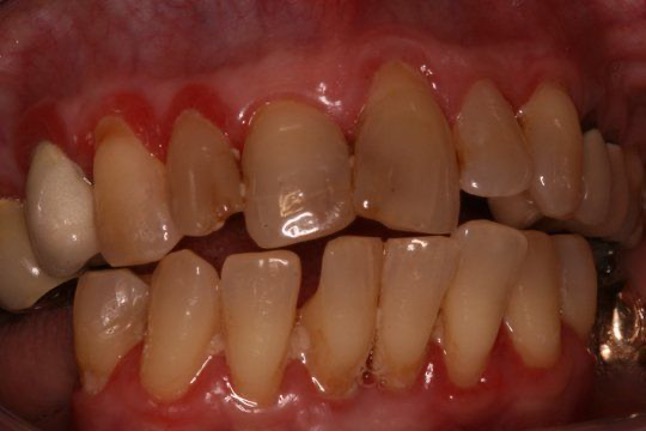The health of a pregnant woman is a critical determinant of her baby’s well-being. While many expectant mothers focus on prenatal vitamins, regular checkups, and a balanced diet, an often-overlooked factor is oral health.
Specifically, periodontal disease—a chronic inflammatory condition affecting the gums—has been linked to adverse pregnancy outcomes, including low birth weight (LBW) babies.
Low birth weight, defined as a baby born weighing less than 5.5 pounds, is a significant public health concern. It is associated with an increased risk of neonatal mortality, developmental delays, and chronic health conditions later in life. Understanding and addressing the causes of LBW is essential for improving maternal and child health outcomes. Emerging research has revealed that periodontal disease may be an important, yet preventable, contributor.
What is Periodontal Disease?
Periodontal disease is caused by bacterial infections that attack the gums and supporting structures of the teeth. In its early stages, it manifests as gingivitis, characterized by red, swollen gums that may bleed easily. If untreated, it progresses to periodontitis, leading to gum recession, tooth loss, and systemic inflammation.
The Link to Pregnancy and Low Birth Weight
During pregnancy, hormonal changes increase a woman’s susceptibility to gum disease. This, combined with poor oral hygiene or pre-existing periodontal issues, can result in an exaggerated inflammatory response. The bacteria from infected gums can enter the bloodstream, potentially reaching the placenta. This triggers the release of pro-inflammatory mediators such as prostaglandins and cytokines, which are associated with preterm labor and restricted fetal growth.
Studies have shown that pregnant women with periodontal disease are significantly more likely to deliver preterm or low birth weight babies compared to those with healthy gums. These findings highlight the importance of oral health as part of comprehensive prenatal care.
Prevention and Intervention
The good news is that periodontal disease is preventable and treatable. Regular dental visits, professional cleanings, and proper oral hygiene practices—including brushing twice daily and flossing—are fundamental. Pregnant women should inform their dentist of their pregnancy and undergo routine periodontal assessments. For those diagnosed with periodontal disease, scaling and root planing (a deep cleaning procedure) is safe during pregnancy and can reduce inflammation and bacterial load.
Raising Awareness
All healthcare providers should educate expectant mothers about the potential risks of periodontal disease and its impact on pregnancy outcomes. Collaborative care between medical and dental professionals is essential to optimize maternal and fetal health.
Prioritizing oral health during pregnancy can have far-reaching benefits. By addressing periodontal disease, we can take a significant step toward reducing the incidence of low-birth weight babies and ensuring a healthier start to life.
Dr. Kendal V. O. Major is Founder and CEO of Center for Specialized Dentistry which is a comprehensive family dental practice operating in Nassau. He is the first Bahamian Specialist in gum diseases and dental implants since 1989. He also is a certified Fast braces provider having now attaining Mastership status. His practice is located at 89 Collins Avenue, Nassau at (242)325-5165 or [email protected]

Pregnancy Periodontitis

Pregnancy Periodontitis (Gum Disease)





